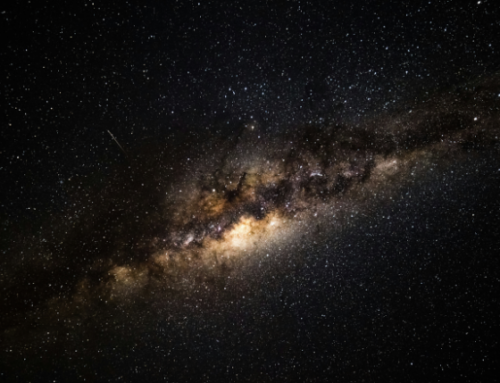As we enter 2023, space exploration continues to make remarkable advancements. The past year has witnessed significant progress in our ability to understand the universe. The year ahead promises to be equally exciting. We will explore some of the significant advancements in space exploration expected to occur in 2023.
The Artemis Program
The Artemis Program, launched by NASA in 2019, is set to take us back to the Moon, this time with a sustainable presence. NASA is working towards a 2024 launch of the Artemis II mission to orbit the Moon and announced its crew in April 2023. There is much excitement about what we will learn when we return to the lunar surface during the Artemis III mission. The uncrewed Artemis I mission in 2022, successfully tested the Space Launch System (SLS) rocket and the Orion spacecraft in preparation for these future crewed missions.
The Artemis program aims to establish a sustainable human presence on the lunar surface by the end of this decade. The Artemis II mission will be the first crewed mission to orbit the Moon since the Apollo era. The Artemis III mission is planned to land on the lunar surface providing new insights into the Moon’s history and resources. It will also let us pick up where we left off half a century ago.
Commercial Space Travel
2023 is expected to be an exciting year for commercial space travel. Companies like SpaceX, Blue Origin, and Virgin Galactic are making significant progress in their efforts to make space travel more accessible to the public. Maiden flights of Arianespace’s Ariane 6, SpaceX’s Starship, United Launch Alliance’s Vulcan Centaur, and possibly Blue Origin’s New Glenn, are planned for 2023.
Virgin Galactic is developing a suborbital spaceplane that will take passengers on brief trips to space. The company completed its first successful crewed flight in 2021, and it has a backlog of over 600 reservations for future flights. Blue Origin expects to resume flights with its New Shepard spacecraft in 2023 after a mishap during an uncrewed launch in 2022.
Missions
One of the most significant developments in space exploration in 2023 will be the launch of ESA’s JUICE mission to Jupiter. JUICE will study Jupiter’s moons Ganymede, Callisto and Europa. These large icy moons are all thought to have subsurface oceans. JUICE will use a suite of instruments to study the moons’ geology, composition, and potential habitability. In 2024 NASA’s Europa Clipper mission will launch. Eventually these two complementary spacecraft will provide an unparalleled increase in knowledge about these potentially habitable worlds.
There are also several exciting planetary missions planned for 2023. For example, the Psyche mission is set to launch in August 2023 and will study a metallic asteroid called Psyche. This asteroid is thought to possibly be the exposed core of a protoplanet and may provide new insights into the formation and early history of the solar system. The OSIRIS-REx mission’s sample return canister is expected to return to Earth in September with samples from Asteroid Bennu. Analysis of these samples will also contribute to our understanding of solar system formation.
The James Webb Space telescope, launched in 2022, will continue to provide new discoveries in 2023 at a breakneck pace – discoveries spanning galaxies and black holes to the atmospheres of planets in our solar system and light years away in other solar systems. Together with Hubble and a new generation of large telescopes on Earth our understanding of the universe will continue to increase.
Space exploration continues to be a critical area of scientific advancement, and 2023 promises to be an exciting year for space technology and exploration. From the continued development of the Artemis Program to the growth of commercial space travel, planetary missions, and discoveries made by the James Webb Space Telescope, there are plenty of reasons to be excited about the future of space exploration. As we continue to exceed the boundaries of what is possible in space, we will undoubtedly make new discoveries and gain a deeper understanding of the universe around us.






